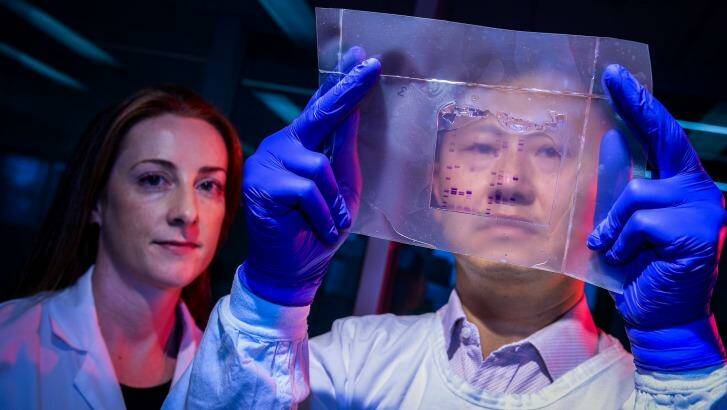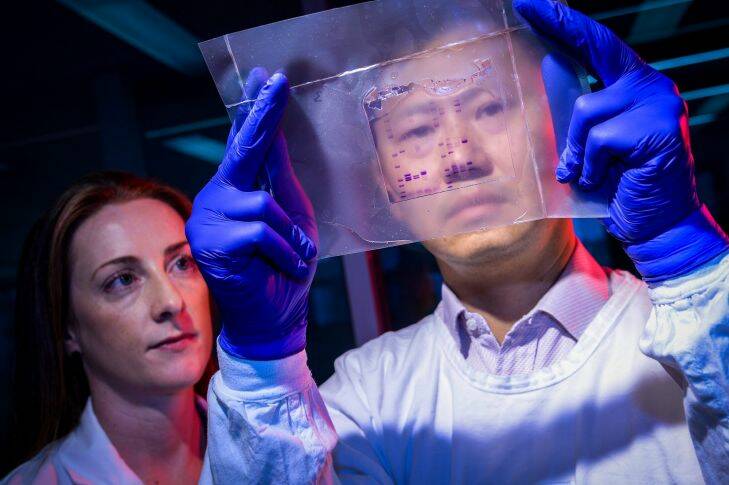


The body produces its own defence against HIV, scientists have found, and harnessing this weapon could change the way we treat the virus and prevent it from spreading.
The weapon is a protein, found in the reproductive tract of women, which researchers from Hudson Institute of Medical Research and Deakin University have discovered stops HIV from replicating and taking hold.
They say the discovery is exciting because of the clever, multi-pronged approach the protein takes in defending the body from the virus. At least three "roadblocks" are thrown in the virus' path.
Healthy human cells exposed to HIV without the protein are quickly hijacked to become overworked factories for the virus, allowing it to multiply. With their reserves exhausted, they die within two days.
However, it was a different story for the human cells that carried the protein. These "protein-protected cells" made it tougher for the virus to enter. Those cells that were penetrated managed to stop the virus from travelling to their centre. If these two techniques failed, there was a third line of defence: when the virus reproduced, it made defective versions that were too weak to dominate.
"The most exciting thing for us is that this protein is natural ... and that its multi-layered defence will help us make new treatments for HIV," Deakin virologist Johnson Mak said.
The findings published in the journal Immunology and Cell Biology could also have implications for limiting the spread of other STDs, including Zika virus.
"Preclinical studies suggest that it is expressed in the male reproductive tract as well, but we don't know for sure," she said.
Known as interferon epsilon, the signalling protein lives up to its name and interferes with HIV by activating multiple layers of the immune system.
"This protein is clever because it interferes with the HIV life cycle at different stages," Dr Mangan said.
Dr Mangan said the levels at which the protein was expressed was determined by oestrogen and progesterone hormones.
"What is interesting about that is that there is emerging evidence that the risk of HIV susceptibility is higher when progesterone levels are raised," she said. "It's super-exciting to be able to start looking at the possibilities this protein promises."

